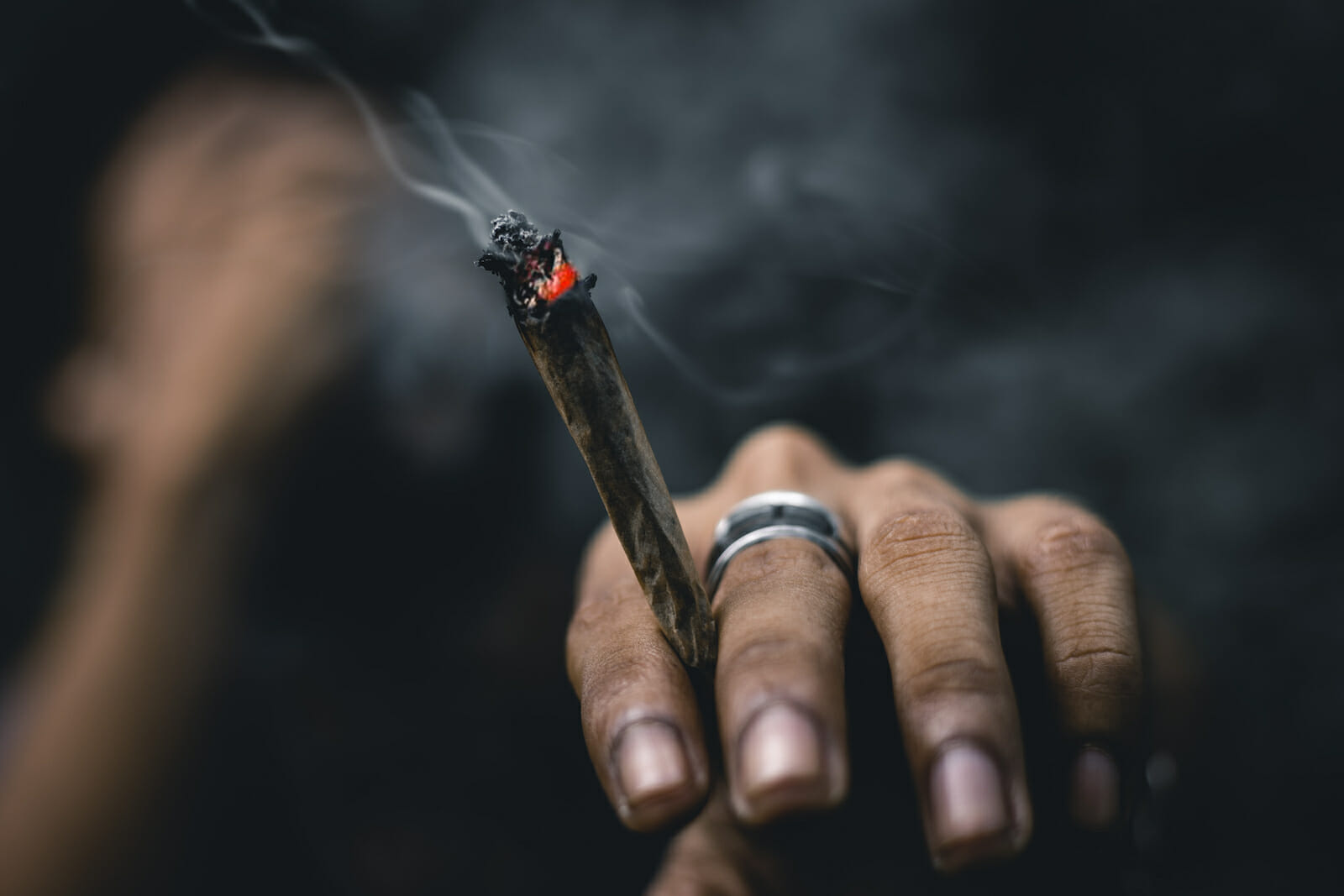
Health
The Fight for Employee Rights for Medical Marijuana Users
Medical marijuana, also called cannabis, can change lives for the better. It can even make the difference between a painful, unproductive life and an enjoyable, gainfully employed one. We need to make it easier for schools and scientists to study the palliative and curative effects of this plant in earnest.
We must also make it a priority to iron out the kinks and contradictions in our workplace medical marijuana laws and policies. This task won’t be easy, as cannabis is still a Schedule I drug at the federal level, despite that 33 states and Washington, D.C. have legalized it for medical use, and 11 have given the okay on recreational enjoyment.
This contradiction has caused two distinct problems for medical marijuana patients. The first is that many fear they may be fired from their jobs if it’s discovered they medicate with cannabis. The second is that job opportunities for marijuana users are often limited to begin with.
Medical Marijuana Patients May Be Fired at Any Time
States like Oklahoma are taking a stand on this issue. In mid-2019, the state’s newly passed “Unity Bill” implemented workplace protections for medical marijuana cardholders in “safety-sensitive jobs,” an excellent first step.
Now, in 2020, Oklahoma’s Cannabis Party USA — a local group for medical marijuana users — is organizing in support of SQ810, a ballot initiative that would provide blanket, statewide protections for all medical marijuana users in the workplace.
Opponents claim the Unity Bill is sufficient as-is. Proponents of SQ810, however, say the existing law provides too much latitude for employers to interpret the phrase “safety-sensitive job.” They go on to claim that companies can terminate an employee at any time if testing determines they use marijuana medically.
Nobody should have to fear for their livelihood because they use medicine that makes their condition more tolerable and their life more livable.
Medical Marijuana Patients Struggle to Find Work
According to estimates, state laws currently prevent as many as 79,000 lawful medical marijuana patients in New Mexico from finding paying work. It’s not legal to use cannabis recreationally in New Mexico, but the state’s medical program went into effect in 2007, making it old news.
The trouble in New Mexico mirrors the situation in Oklahoma. On the one hand, state law forbids the firing of employees for taking part in the medical marijuana program. On the other, that same law provides generous workarounds for employers who want to refuse to hire an otherwise qualified employee. Like in Oklahoma, organizations can invoke safety as the reason, in addition to keeping the company clean for the sake of any federal funding they receive.
For the average jobseeker, life can be difficult under these laws. Jason Barker, who uses medical marijuana and advocates for others who do the same, says he’s far too qualified to apply for the few low-level state jobs that don’t carry the “safety sensitive” label. Decent-paying positions, like operating construction equipment and working on the highway, are effectively out of his reach.
It’s true that people like Barker can and may apply for jobs in the public sector. Yet it’s also true that, under the current language of the law, there may be few jobs available that are commensurate with levels of experience and pay expectations. The status of medical marijuana patients is an artificial and unnecessary barrier.
States and Advocates Fight for Medical Marijuana Patients in the Workplace
An employer might fire or refuse to hire an individual for many legitimate reasons. Nevertheless, how long is the list of medications that should bring about legal termination? In how many cases involving a legitimate medical need does an employer have the right to impose themselves?
Existing research shows that cannabis does not provoke the same level of intoxication in every patient. The effects a person experiences from it vary based on the region of the brain it’s acting upon.
Experts also claim that it’s inaccurate to use cannabis body fluid levels to gauge impairment, as is the case with alcohol. For example, a person who has a blood-alcohol level (BAC) of 0.15 is exceptionally intoxicated at that moment. Since marijuana stays in the system for an extended time, some users can register at high levels when entirely sober.
Zero-tolerance policies are especially hostile for patients who may be micro-dosing — legally and safely — for chronic pain management. The right to access medical marijuana — and the security to not be fired for doing so — is supported by the long list of health conditions that CBD and THC show potential for treating. This list includes controlling seizures, managing pain caused by nerve damage, treating nausea, addressing weight loss, reducing the wasting effects of Crohn’s disease and much more.
Growing awareness of this issue is why, beginning in 2020, it will be illegal to fire anybody in Nevada, or refuse to hire them, based on their use of medical marijuana. Medical matters are best left between physicians and their patients. It’s time for employers to make their peace with not asking and their employees not telling.

